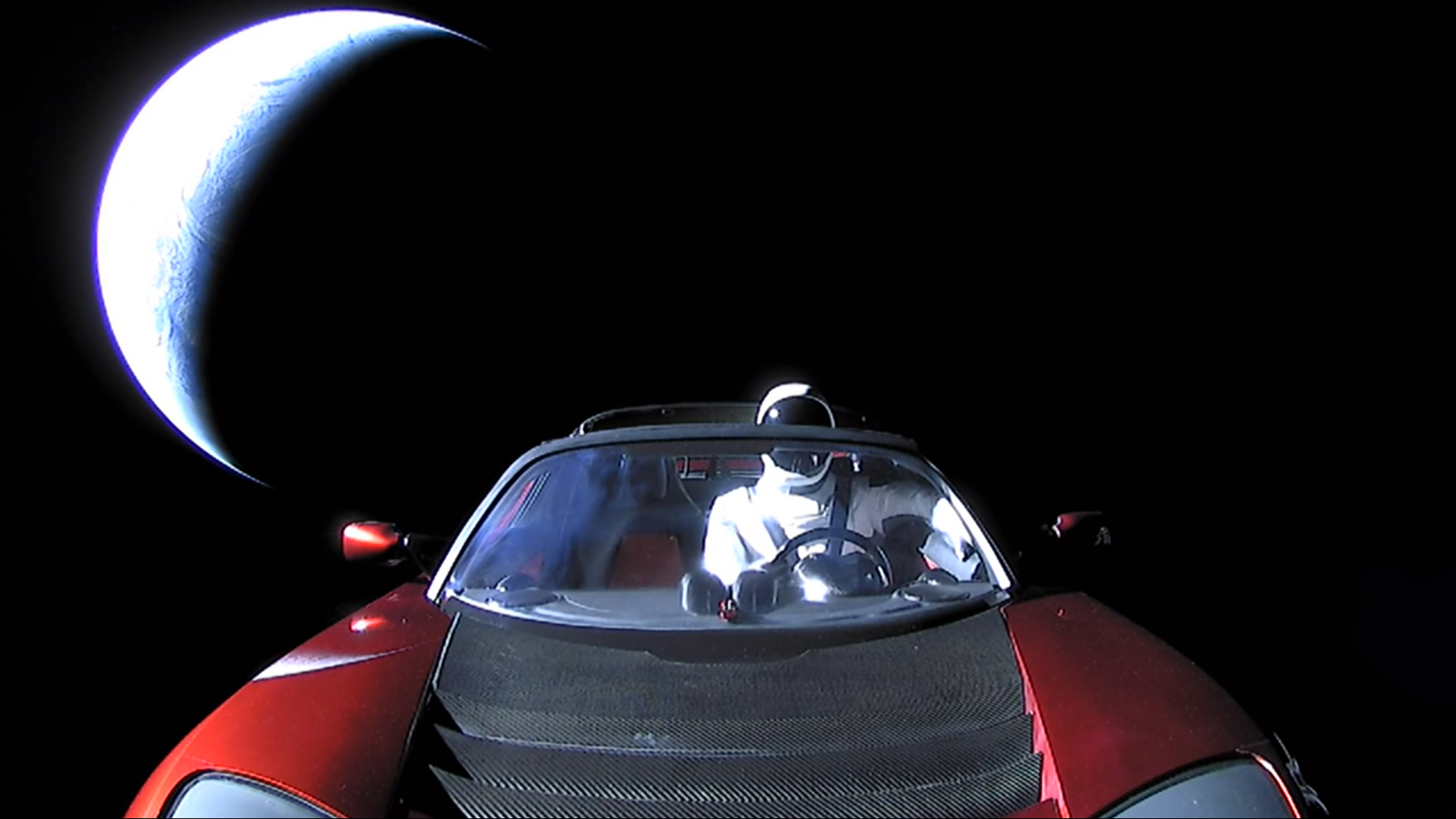SpaceX is estimated at $ 33.3 billion, according to CNBC, citing investors familiar with the company's latest investment round. Tesla's market capitalization at the end of trading on Friday was $ 32.8 billion.
Musk is the largest shareholder and CEO of both companies, with 54% of SpaceX shares and more than 20% of Tesla shares.
SpaceX recently successfully launched 60 Starlink satellites into orbit and has attracted more than $ 1.02 billion since the beginning of 2019. Tesla shares also fell by more than 44% over the same period.
The car maker is struggling to optimize costs, and relies on China in the long run. The company's efforts to promote in China were reflected in the construction of a factory in Shanghai this year, when trade relations between the United States and China deteriorated.
Until Tesla can produce its Model 3 electric sedans in China, it will be subject to high import duties. Tesla also faces higher rates for parts and raw materials, which it buys from Chinese batteries and automobiles suppliers in the United States.
Morgan Stanley analyst Adam Jonas believes that investors should not rule out the possibility that Musk may use his SpaceX share for Tesla's financial assistance. The analyst recalls the example of SolarCity, the manufacturer of solar cells that the car maker bought in 2016.
The deal cost Tesla $ 5 billion: it issued 2 billion shares and assumed about $ 3 billion in SolarCity’s debt. Musk said that the business of selling clean energy systems is related to Tesla and fits into the company's policies, but some investors have called this deal salvation of a subsidiary at the expense of Tesla shareholders. Before the merger, Musk was Chairman of the Board of Directors of SolarCity, and his cousin Lyndon Rive was CEO of the company.
source: cnbc.com
Musk is the largest shareholder and CEO of both companies, with 54% of SpaceX shares and more than 20% of Tesla shares.
SpaceX recently successfully launched 60 Starlink satellites into orbit and has attracted more than $ 1.02 billion since the beginning of 2019. Tesla shares also fell by more than 44% over the same period.
The car maker is struggling to optimize costs, and relies on China in the long run. The company's efforts to promote in China were reflected in the construction of a factory in Shanghai this year, when trade relations between the United States and China deteriorated.
Until Tesla can produce its Model 3 electric sedans in China, it will be subject to high import duties. Tesla also faces higher rates for parts and raw materials, which it buys from Chinese batteries and automobiles suppliers in the United States.
Morgan Stanley analyst Adam Jonas believes that investors should not rule out the possibility that Musk may use his SpaceX share for Tesla's financial assistance. The analyst recalls the example of SolarCity, the manufacturer of solar cells that the car maker bought in 2016.
The deal cost Tesla $ 5 billion: it issued 2 billion shares and assumed about $ 3 billion in SolarCity’s debt. Musk said that the business of selling clean energy systems is related to Tesla and fits into the company's policies, but some investors have called this deal salvation of a subsidiary at the expense of Tesla shareholders. Before the merger, Musk was Chairman of the Board of Directors of SolarCity, and his cousin Lyndon Rive was CEO of the company.
source: cnbc.com





